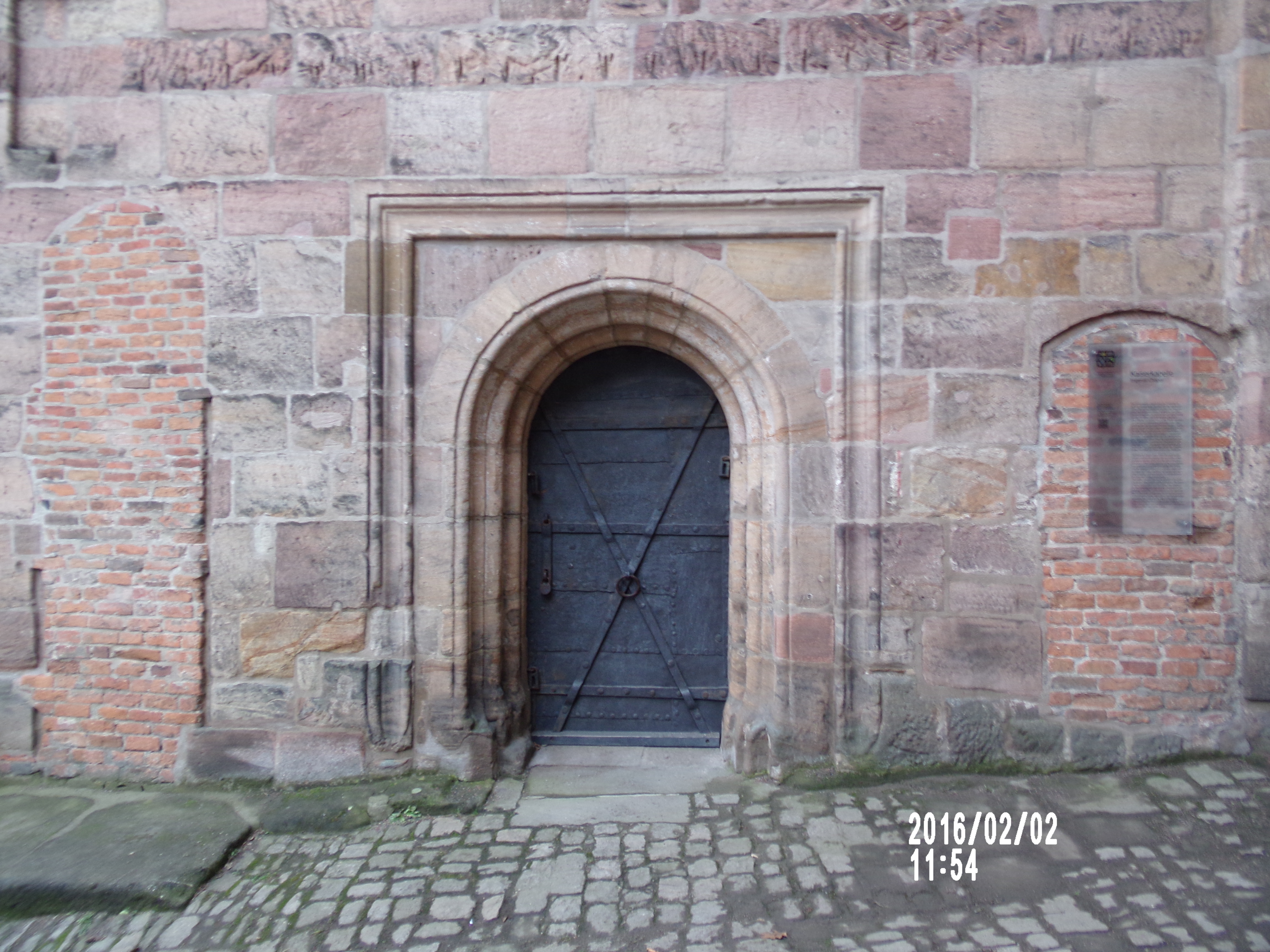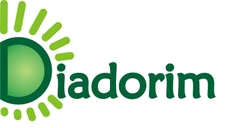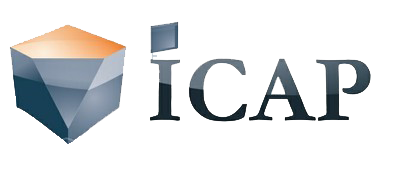Avaliação da padronização das mídias sociais gerenciadas pelo Ministério do Turismo
DOI:
https://doi.org/10.29149/mtr.v6i1.6352Palavras-chave:
Mídias Sociais, Políticas Públicas, Ministério do TurismoResumo
Ao considerar a rápida expansão de serviços de informação, principalmente no ambiente online, tem-se para o setor turístico uma potencial ferramenta que são as mídias sociais, que exercem o papel fundamental de socialização de ideias, estimulando e disseminação de informações e o consumo. Deste modo, torna-se considerável a atuação do poder público e organização das políticas públicas com a intenção de disseminar a comunicação pública para promover articulação entre os diversos atores sociais envolvidos nos seus planos, programas e projetos, via ambiente online. O presente estudo teve como objetivo avaliar a padronização das mídias sociais gerenciadas pelo Ministério do Turismo. Este estudo foi baseado na metodologia da pesquisa bibliográfica, qualitativa e utilização de fontes secundárias, bem como análise documental e avaliativa por meio da verificação do Manual de Orientações para Atuação em Mídias Sociais (Identidade padrão de comunicação digital do poder executivo federal), disponibilizado pela Secretaria de Comunicação Social Brasileira. Foram avaliadas as mídias sociais utilizadas pelo Ministério do Turismo, sendo estas: Facebook, Twitter, YouTube, Google +, Instagram, Pinterest e Flickr. A análise foi realizada considerando o ano de 2017 e o ano de 2020. Os resultados desde estudo apontaram que as atuais mídias sociais utilizadas pelo Ministério do Turismo estão estrategicamente sendo utilizadas, mas não seguem uma padronização visual adequada, entre si. Os conteúdos publicados os mesmos conseguem transmitir a partir da padronização uma mensagem direta e clara dentro do contexto da comunicação nas mídias sociais e condizem com a proposta do setor. Além de apresentar os destinos, eventos, regulamentações e fatos importantes do setor.
Referências
Almeida, G. C., & Tavares, W. (2014). Redes Sociais Virtuais e a Democracia 2.0: Dinâmicas e Perspectivas Políticas na Relação entre Políticos e Sociedade. RP3-Revista de Pesquisa em Políticas Públicas, 1(1).
Appolinário, F. (2009). Dicionário de metodologia científica: um guia para a produção do conhecimento científico . São Paulo: Atlas.
Arman, A. A., & Sidik, A. P. (2019). Measurement of Engagement Rate in Instagram (Case Study: Instagram Indonesian Government Ministry and Institutions). Proceeding - 2019 International Conference on ICT for Smart Society: Innovation and Transformation Toward Smart Region, ICISS 2019. https://doi.org/10.1109/ICISS48059.2019.8969826.
Beni, M. C. (2006). Analise Estrutural do Turismo. 11. ed. São Paulo: Senac.
Beni, M. C. (2017). Entendendo o Novo Turismo na Economia Colaborativa e Compartilhada. Associação de Pós Graduação em Turismo - Anptur.
Castellanos, R. M., Marín, M. O., & Montiel, L. H. (2011). Tecnologías de la comunicación y política 2.0. Espacios públicos, 14(30), 72-84.
Choudhary, S. A., Khan, M. A., Sheikh, A. Z., Jabor, M. K., Nordin, M. S. bin, Nassani, A. A., Alotaibi, S. M., Abro, M. M. Q., Vo, X. V., & Zaman, K. (2020). Role of information and communication technologies on the war against terrorism and on the development of tourism: Evidence from a panel of 28 countries. Technology in Society, 62, 101296. https://doi.org/https://doi.org/10.1016/j.techsoc.2020.101296.
Clemente, A. C. F. & Stoppa, E. A. (2018). Políticas Públicas de Turismo e Lazer do órgão oficial de turismo na Cidade de São Paulo-SP. Revista Rosa dos Ventos Turismo e Hospitalidade, 10(2), pp. 355-369.
Cooper, C. et al. (2007). Turismo Princípios e Práticas. 3. ed. São Paulo: Bookman.
Coutinho, O. G. P., Thomaz, G. M., & Sampaio, C. A. (2013). Turismo comunitário e internet: análise dos sites das experiências no Brasil. Caderno Virtual de Turismo, 15(1), p. 35–51.
Dijkmans, C., Kerkhof, P., & Beukeboom, C. J. (2015). A stage to engage: Social media use and corporate reputation. Tourism Management, 47, 58–67. https://doi.org/https://doi.org/10.1016/j.tourman.2014.09.005
Duarte, J. (2009). Comunicação pública: estado, mercado, sociedade e interesse público. São Paulo: Atlas.
Ferguson, G. M., & Bornstein, M. H. (2012). Remote acculturation: The “Americanization” of Jamaican islanders. International Journal of Behavioral Development, 36(3), 167-177.
Gastal, S & Moesch, M. (2007). Turismo, Políticas Públicas e Cidadania. São Paulo: Aleph.
Guerra, A. C., Gosling, M., Coelho, M. F. (2014). Redes Sociais: um jornal on-line como fonte de informação especializada em turismo. Revista Brasileira de Pesquisa em Turismo. São Paulo, 8(3),403-418.
Hvaas, K. A., & Munar, A. M. (2012). The takeoff of social media in tourism. Journal of Vacation Marketing, 18(2), 93-103.
Kiralova, A., & Pavliceka (2015). A. Development of social media strategies in tourism destination. Procedia-Social and Behavioral Sciences, 175, 358-366.
Knupp, M. E., & Mafra, F. L. (2012). Redes do Turismo: uma análise da política de turismo do Estado de Minas Gerais - Brasil. Turismo em Análise, 23(3), 663–690.
Li, C., Guo, S., Wang, C., & Zhang, J. (2019). Veni, vidi, vici: The impact of social media on virtual acculturation in tourism context. Technological Forecasting and Social Change, 145, 513–522. https://doi.org/https://doi.org/10.1016/j.techfore.2019.01.013
Minazzi, R. (2015). Social media marketing in tourism and hospitality. Cham: Springer.
Mei, X. Y., Arcodia, C., & Ruhanen, L. (2012). Towards tourism innovation: A critical review of public polices at the national level. Tourism Management Perspectives, 4, 92–105.https://doi.org/https://doi.org/10.1016/j.tmp.2012.05.002
Moro, S., Rita, P., & Vala, B. (2016). Predicting social media performance metrics and evaluation of the impact on brand building: A data mining approach. Journal of Business Research, 69(9), 3341-3351.
Munar, A. M. (2012). Social media strategies and destination management. Scandinavian Journal of Hospitality and Tourism, 12(2), 101-120.
Nóbrega, R. F., Grechi, D. C., & Silva, L. F. (2016). Indicadores na análise das políticas públicas de turismo e da cooperação regional: Um estudo de Ponta Porã e Dourados. Mato Grosso do Sul. TURyDES - Revista Turismo y Desarrollo Local, 9.
Penteado, C. C., & Fortunato, I. (2015). Mídia e Políticas Públicas: Possíveis Campos Exploratórios. Revista Brasileira de Ciências Sociais, v. 30, n. 87.
Poggi, M., & Zaine, M. F. (2008). A Internet como canal de distribuição do turismo no meio rural no estado de São Paulo: um estudo de caso. Caderno Virtual de Turismo, 7(3).
Secchi, L. (2017). Analise de politicas públicas: Diagnótico de problemas e recomendação de soluções. São Paulo- SP: Cengage Learning.
SECOM. Secretaria de Comunicação Social Brasileira. (2014). Manual de orientação para atuação em mídias sociais. Brasília: Poder Executivo Federal.
Sheppard, V. A., & Fennell, D. A. (2019). Progress in tourism public sector policy: Toward an ethic for non-human animals. Tourism Management, 73, 134–142. https://doi.org/https://doi.org/10.1016/j.tourman.2018.11.017.
Sheng, M. L. (2012). The utilitarian and social dual presence in Web 2.0 services. Total Quality Management & Business Excellence, 23(1), p. 875–890.
Silva, F. S., Costa, S. R & Carvalho, C. M. B. (2013). Políticas Públicas de Turismo No Brasil: estratégias para administração da atividade no país. X SEGET, Simpósio de Excelência de Gestão e Tecnologia para competitividade.
Souza, S., & Machado, D. (2017). Uso e Influência das Mídias Sociais no Planejamento de Viagens: um estudo quantitativo. Revista Turismo Em Análise, 28(2), 254-270. https://doi.org/10.11606/issn.1984-4867.v28i2p254-270
Teles da Mota, V., & Pickering, C. (2020). Using social media to assess nature-based tourism: Current research and future trends. Journal of Outdoor Recreation and Tourism, 30, 100295. https://doi.org/https://doi.org/10.1016/j.jort.2020.100295.
Telles, A. (2010). A revolução das Mídias Sociais: Estratégias de Marketing digital para você e sua empresa terem sucesso nas Mídias sociais. São Paulo: Makron Books.
Thomaz, G. M., Biz, A. A., Bettoni, E. M., & Filho, L. M. (2016). Mineração de Conteúdo em Mídias Sociais: análise de conteúdos publicados por usuários sobre atrativos turísticos de Curitiba-PR. Marketing & Tourism Review, 1(2). https://doi.org/10.29149/mtr.v1i2.3846
Veal, J. (2011). Metogologia de Pesquisa em Lazer e Turismo. São Paulo: Aleph.
Vignati, F. (2008). Gestão de destinos turísticos: como atrair pessoas para pólos, cidades e países. São Paulo: Senac.
Downloads
Publicado
Como Citar
Edição
Seção
Licença
Copyright (c) 2021 Kathleen Karoline Brandt Silveira, Lucimari Acosta Pereira, Pablo Flôres Limberger

Este trabalho está licenciado sob uma licença Creative Commons Attribution 4.0 International License.
Autores que publicam nesta revista concordam com os seguintes termos:
- Autores mantém os direitos autorais e concedem à revista, sem ônus para a mesma, o direito de primeira publicação, com o trabalho simultaneamente licenciado sob a Licença Creative Commons Attribution que permite o compartilhamento do trabalho com reconhecimento da autoria e publicação inicial nesta revista
- Autores têm autorização para assumir contratos adicionais separadamente, para distribuição não-exclusiva da versão do trabalho publicada nesta revista (ex.: publicar em repositório institucional ou como capítulo de livro), com reconhecimento de autoria e publicação inicial nesta revista.
- Autores assumem exclusiva responsabilidade pelas suas opiniões emitidas nos trabalhos publicados nesta revista
















